This is a special post for two reasons, it is a celebration of the Header Challenge’s second year and it is a post done jointly between Lanny and EBet. Make sure you visit the other header challengers their links are on my side board. Oh, and Bet, EBet’s, blog is Paddle in the Pond.
Opposites aren’t always so opposite, oft times they are compliments, vital compliments.
Many of us are taught to see the world black and white, and judge between the two. We see wild places and un-wild places.
We learn that wild places are those areas that man does not touch except for an occasional visit.
The un-wild areas those that man manipulates. Then, in this current social climate, without question, we deem the wild places “nature” and everything else is unnatural.
Which of course is certainly not what the word nature means. The origin of the word would have it that it means essential qualities, the nature of something is its innate disposition, nature is the creative power in material world as it is derived from the the Latin for birth.
The cultivated portions of a farm are no less of nature than the wilds. It is of Brussels sprouts’, broccoli and
beet’s innate disposition to grow in a well groomed bed within fingertip reach of its neighbors, it is of a farmer’s innate disposition to tend to the needs of the soil that feed the needs of the vegetables who’s harvest feeds the neighborhood.
Here at Vicktory Farm & Gardens it is our nature to have very cultivated areas,
the livestock pastures, the Market Garden and some of our ornamental gardens,
And have wild areas,
beyond the pasture fence surrounding the big pond and swamps. Two sides to the same coin, the two places that make one.
The non-cultivated areas are vital to the health and well being of the farm, and yes, when the coyotes, bear or cougar sneak in from the wild areas to take one of the lambs, or the raccoons or opossums steal a chicken, or the vegetarian vermin hollow out a prize winter squash, it is hard to be thrilled to have wild areas up close and personal to the cultivated.
In spite of the trouble, the benefits abound.
Not the least of which is the soul enrichment for the farmer and the farmer’s visitors. Places to wander, and to let your mind wander or get completely lost, to think about everything and to think about nothing.
Wild places serve as a classroom, they remind a farmer why he/she does the doin’: the soil enriching, the mulching, the protection of tilth and critters. And it gives how-to tips. Put additions on and subtract harvests a little at a time and the status quo never skips a beat. Giant upheavals dramatically change the landscape, the micro-ecosystem, yet they never completely ruin things, lots changes for sure but in it all something entirely new comes along. Both, status quo and upheavals have their place in nature, wild nature and cultivated nature.
Wild places buffer cultivated places, lowering insect traffic, minimizing contaminants from roadway runoff, reducing wind and erosion.
It may sound like wild places need only exist for large tracts of cultivated areas. Areas devoted to wilderness certainly take up a lot of room that could be used. But the use of space for wild areas isn’t a waste, no matter the size of the farm. It is always tempting to use every inch, always tempting to make everything neat and trim and under control.
But we control enough, sometimes what seems out of control is actually in control and allows the farmer to tend to the cultivated with vigor.

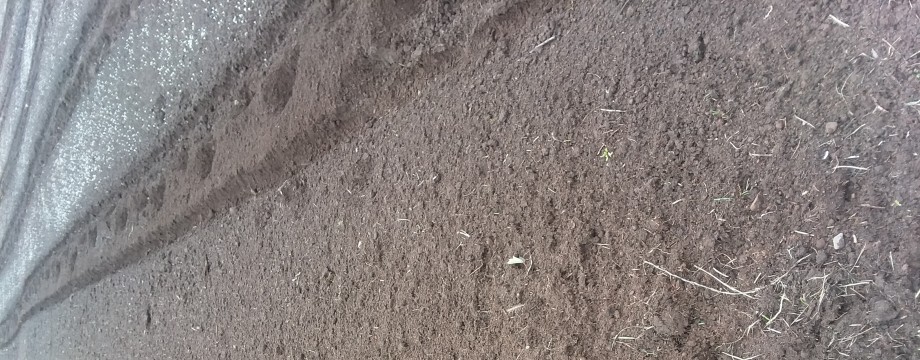
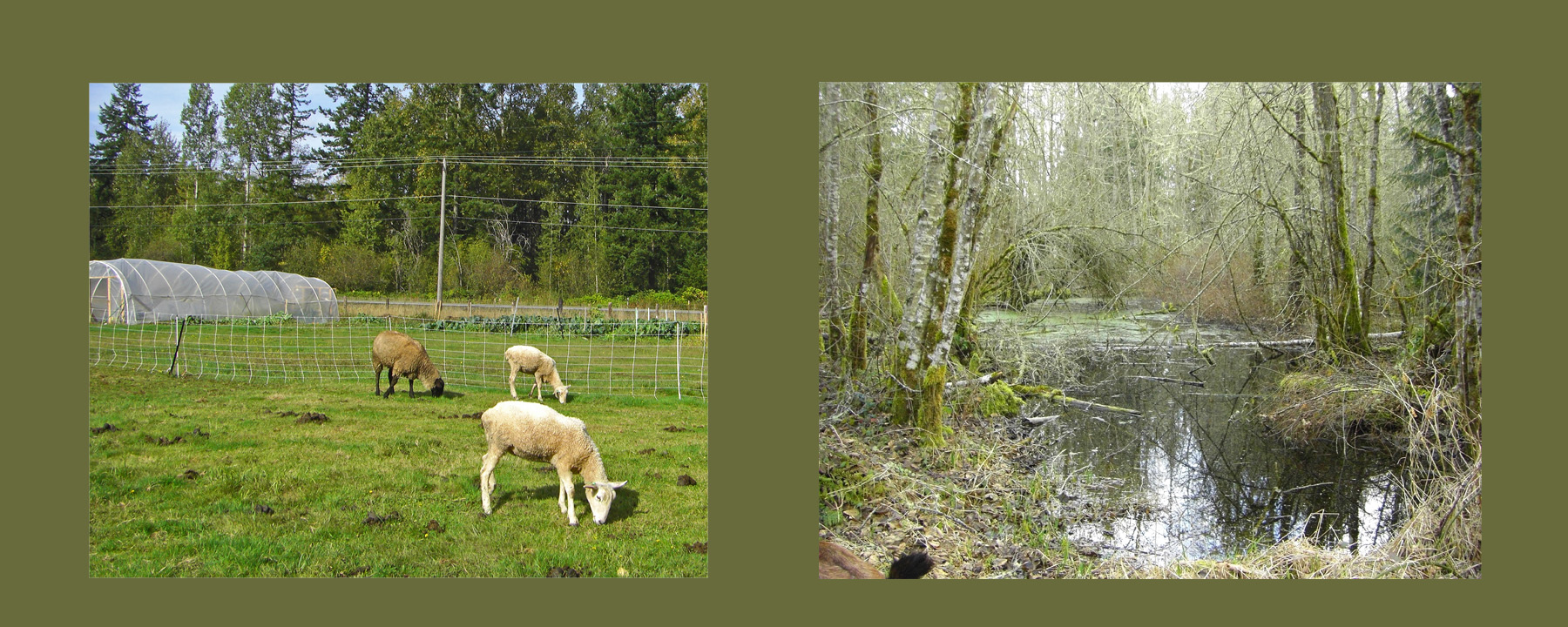
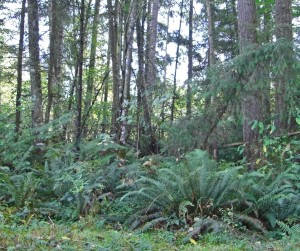
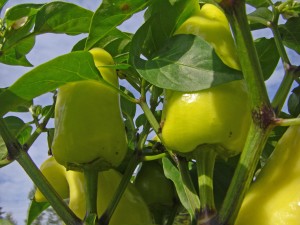
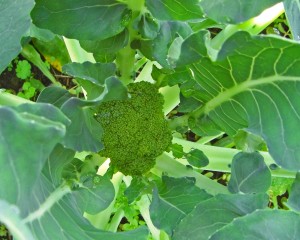
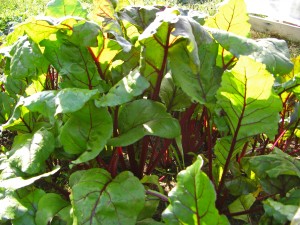
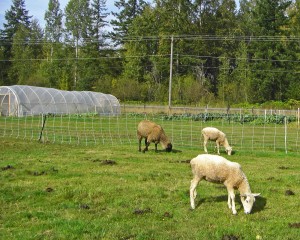
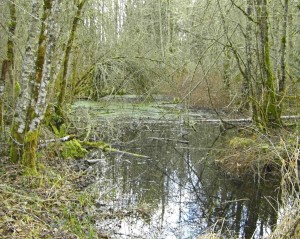
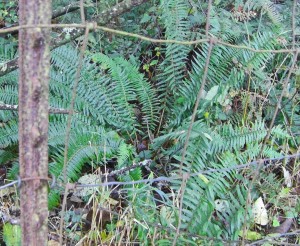
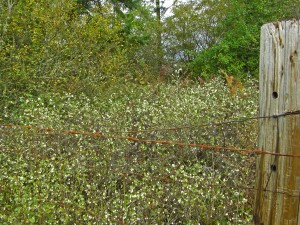
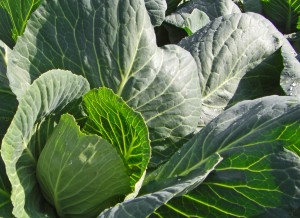
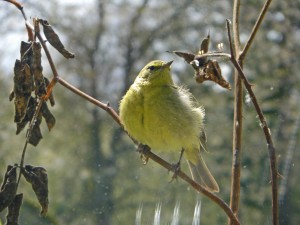
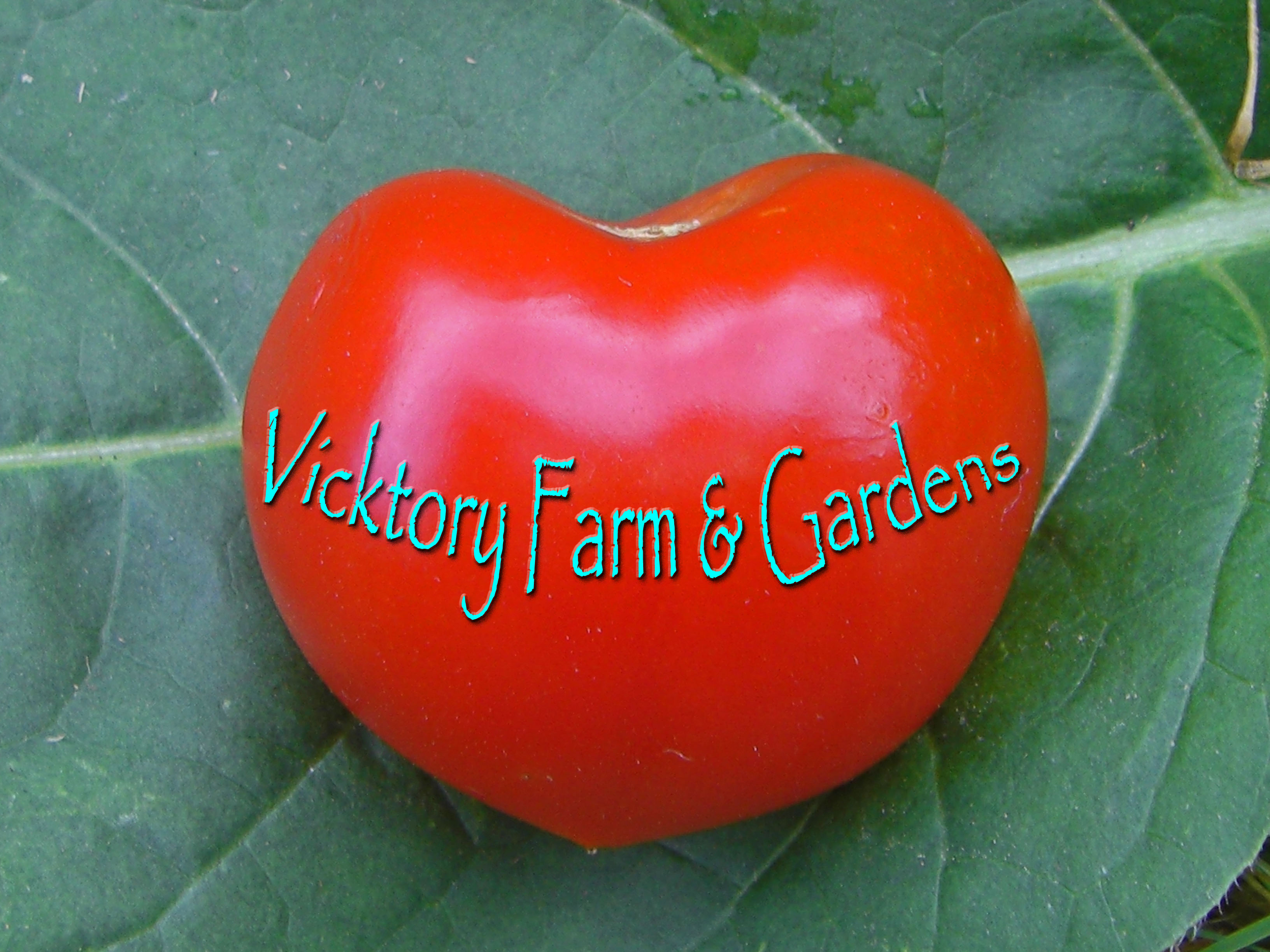
They go together well, I think. They both serve a purpose, and they both are necessary. Nice post, Lanny. I enjoyed your pictures too.
I enjoyed your pictures too.
Your farm is beautiful..and so are all those veggies. I enjoyed your post very much although after Chance encountered a skunk in our front yard tonight I am not so sure I wouldn’t trade this place for a spot in the city. After dousing him with hydrogen peroxide and baking soda and dish soap.. he smells better. What a night..have a good rest of the week Lanny:)
So that must be why my back garden is well looked after and my front garden looks wild. Happy anniversary!
Great take on the wild and just the opposite Lanny and Ebet, runs right through the post and pics, well done you both.
Happy Anniversary.
i remember when i was little my grandparents farm had wild places between every so many rows of food. they told me birds would nest in them and eat the bugs. makes such good sense! that is the perfect head of cabbage!!! wish i had it!!!
smiles, bee
xoxoxoxoxoxo
Lanny: Your farm looks to be a wonderful place for both your animals and the wild ones to visit.
Happy anniversary, a good selection of views of the farm once again. Here’s to the third year.
Great post. I really like that last sentence – so true.
Ralph
Well I enjoyed both halves : )
I love that you live lovingly on your farm….
Would that the whole world would follow your example.
Hugs and smiles,
Jackie